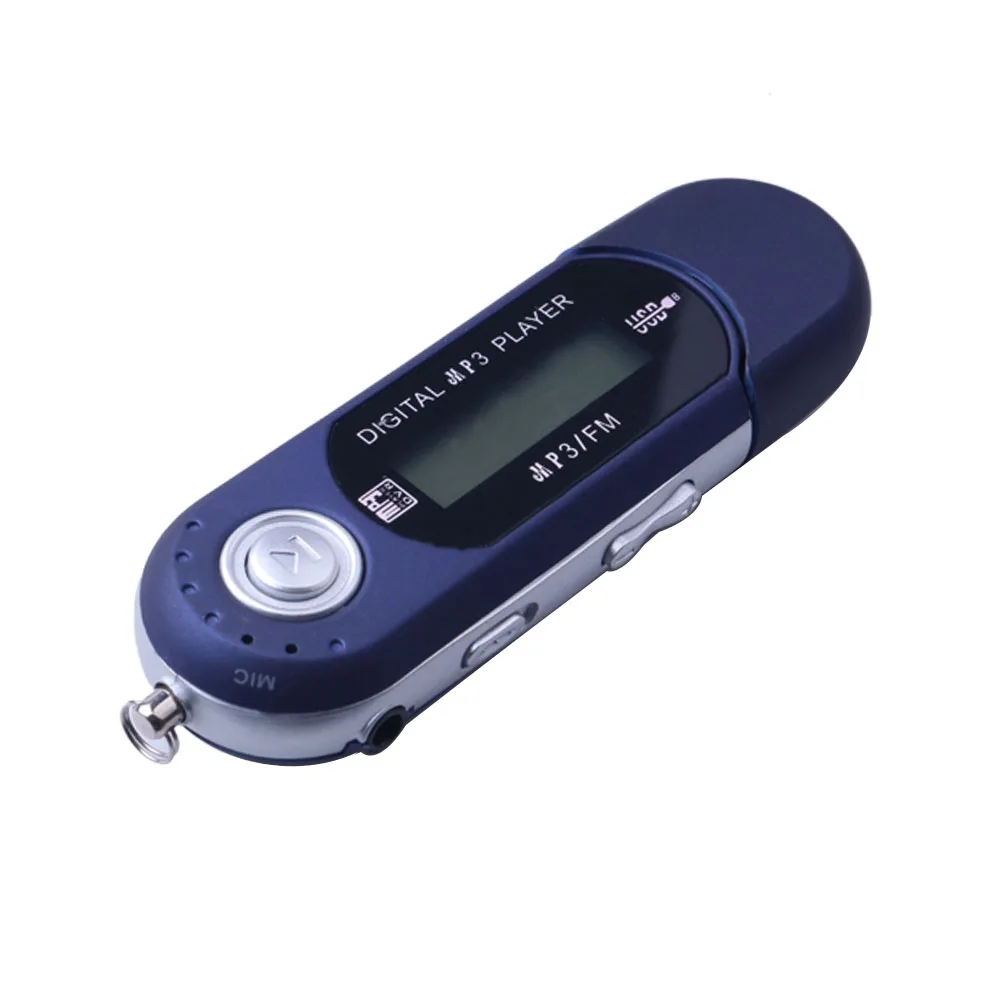Music has become an integral part of our daily lives, offering a soundtrack to our daily routines, workouts, and moments of relaxation. MP3 files, with their balance of sound quality and compression, have led the way in digital audio format for well over a decade. However, as they can take up significant storage space, especially if you have a large library, finding effective ways to compress these files becomes essential. Whether you’re looking to free up space on your smartphone, tablet, or computer, compressing MP3 files will help you maintain audio quality while saving precious storage space. This article explores the top tools available to compress MP3 files for any device, ensuring you can enjoy your favorite tracks without the hassle of storage limitations.
Online Compression Tools
Free and Accessible
For those who prefer not to install software, online compression tools are a straightforward solution. Websites like Online Audio Converter and Compressor.io allow users to upload their compress MP3 files and adjust compression settings without the need for downloads. This means you can access these tools from any device, whether it’s a PC, Mac, tablet, or smartphone, providing incredible flexibility. The process is typically intuitive: upload your file, select your desired bitrate, and hit convert. Within moments, you can download the compressed version without any fuss.
Convenience for Quick Tasks
Online tools serve their best purpose for quick compression needs. If you’re on the go or using a device with limited storage capacity, these platforms offer hassle-free solutions to manage your audio files. However, keep in mind that many online services may have limits on file sizes or the total number of conversions you can complete in a day. Because of this, if you regularly deal with larger files or need to compress multiple files, you might want to consider dedicated software options that are more robust and capable of handling higher workloads.

Dedicated Software Solutions
Audacity: Free and Powerful
If you’re looking for a versatile solution, Audacity stands out as an excellent choice. This free, open-source audio editing software supports a wide range of audio formats, including compress MP3. With Audacity, you can compress your MP3 files through lower bitrate settings or even export files in different formats altogether. The software is packed with advanced editing capabilities, allowing users to enhance audio quality during compression, which is a bonus for anyone looking to maintain the integrity of their sound.
User-Friendly Interface
Even users who’ve never dabbled in audio editing will find Audacity approachable. The software features a clear interface that guides you step-by-step through the compression process. By installing the needed LAME MP3 encoder plugin, exporting files becomes a simple task. You can choose from various bitrate options, like 64 kbps for standard quality or 128 kbps for near-CD quality, which lets you strike a balance between file size and sound quality. Having such flexibility allows you to tailor the output to meet your specific needs, whether you are compressing for casual listening or for archiving purposes.
Desktop Applications
Switch Audio File Converter
For those who prefer a dedicated desktop application, Switch Audio File Converter serves as a go-to tool for compressing MP3 files effectively. This program supports a myriad of audio formats, making it easy to convert and compress files rapidly. Its drag-and-drop feature simplifies the process, allowing for efficient handling of multiple files. Once imported into the program, you can easily adjust bitrate settings and other preferences.
Batch Processing for Efficiency
Switch Audio File Converter shines with its batch processing capability, making it a valuable asset for users with large audio collections. If you have an extensive library of MP3s that needs compression, you can simply adjust the settings for one file and apply those same settings to the entire batch. This saves time, as you won’t have to configure each file individually. Additionally, you’ll ensure that all your tracks have a consistent audio quality, making it an ideal tool for musicians, podcasters, or anyone managing multiple files regularly.

Mobile Applications
MP3 Compressor
For users frequently on the go, mobile applications present convenient options for compressing MP3 files right at your fingertips. MP3 Compressor is a top-rated choice available for iOS and Android devices. The app allows you to select files directly from your library, choose the desired bitrate, and compress them with just a few taps. This user-friendly format ensures that even those unfamiliar with audio editing can easily navigate their way to effective file compression.
Easy Sharing Options
Once you’ve compressed your files with MP3 Compressor, sharing becomes seamless. The app provides various sharing options, enabling users to quickly transfer their compressed files to different applications or share them via social media and email. This feature emphasizes the app’s convenience; whether you need to send a file to a friend or upload it to cloud storage, your compressed files are a few taps away. The ability to manage your audio files efficiently while on the move makes this app an essential tool for modern music lovers and content creators.
Use Command-Line Tools
FFMPEG: The Power of Command Line
For tech-savvy users, FFMPEG represents the ultimate command-line solution for compressing MP3 files. This powerful open-source tool can handle a vast array of audio and video formats, making it a go-to for professionals. With FFMPEG, users have complete control over audio compression capabilities. You can modify every aspect of audio processing: bitrate, sample rate, codecs, and much more.
Script Automation for Efficiency
Beyond simple compression tasks, FFMPEG allows you to automate repetitive processes through scripting. If compressing audio files is a regular part of your workflow, you can create scripts that set specific parameters and process multiple MP3 files in one go. This automation can save substantial time for users with large projects or those who frequently need to compress multiple files. By harnessing the capabilities of FFMPEG, you’ll find that you can maximize efficiency and power in your audio processing tasks.

Quality vs. File Size Considerations
Finding the Right Balance
When compressing MP3 files, you must contemplate the trade-off between audio quality and file size. While lower bitrates do result in smaller file sizes, the reduction in sound quality can be significant. A bitrate of 128 kbps is generally deemed acceptable for casual listening, but audiophiles may prefer a higher bitrate of 192 kbps or even 320 kbps for its clarity. Carefully choosing the bitrate for each use case allows you to tailor your audio experience to your audience and device capabilities.
Listening Tests
Conducting listening tests is crucial during this process. By selecting a few tracks and compressing them at various bitrates, you can better assess the impact on audio quality. Play these files across different devices—smartphones, Bluetooth speakers, and headphones—to evaluate performance. By engaging in this hands-on approach, you can ensure that you achieve optimal sound quality, even after compression. This trial-and-error method enhances your understanding of how different settings affect overall listening experiences.
Best Practices for Compression
Maintain Original Files
Always keep a backup of your original MP3 files before initiating any compression work. This practice ensures access to unaltered versions should you wish to return to higher-quality audio later. Keeping the originals also provides a safety net in case the compressed versions do not meet your standards. Storing both original and compressed files can be beneficial for future editing, remastering, or simply revisiting your favorite tracks in their best form.
Regularly Update Your Tools
Finally, it’s important to stay informed about updates for any software, apps, or tools you use for audio compression. Software developers frequently release updates to enhance performance, improve user interfaces, and ensure compatibility with new operating systems. By keeping your tools up to date, you can access the latest features and improvements in compression technology, ultimately optimizing your workflow. Regular checks for updates can go a long way in ensuring that you’re getting the most out of your audio processing applications.
Optimize Your MP3 Files
In a world where digital audio is essential to our daily experiences, mastering the art of compress MP3 compression is crucial. Efficient storage management is key. With the right tools—such as online platforms, dedicated software, mobile apps, or command-line solutions—you can compress MP3 files effectively. Retaining quality is important. By implementing the strategies mentioned in this article, you’ll be well-equipped to manage your audio files. This will help you free up valuable storage space, allowing for endless musical joy.
Embrace the plethora of options available to you. Strike the perfect balance between file size and audio quality. Create a well-organized music library that meets your commuting, working, and leisure requirements. With knowledge and practice, optimizing your MP3 files will become seamless. This will keep your devices clutter-free. Your playlists will always be ready to roll.


